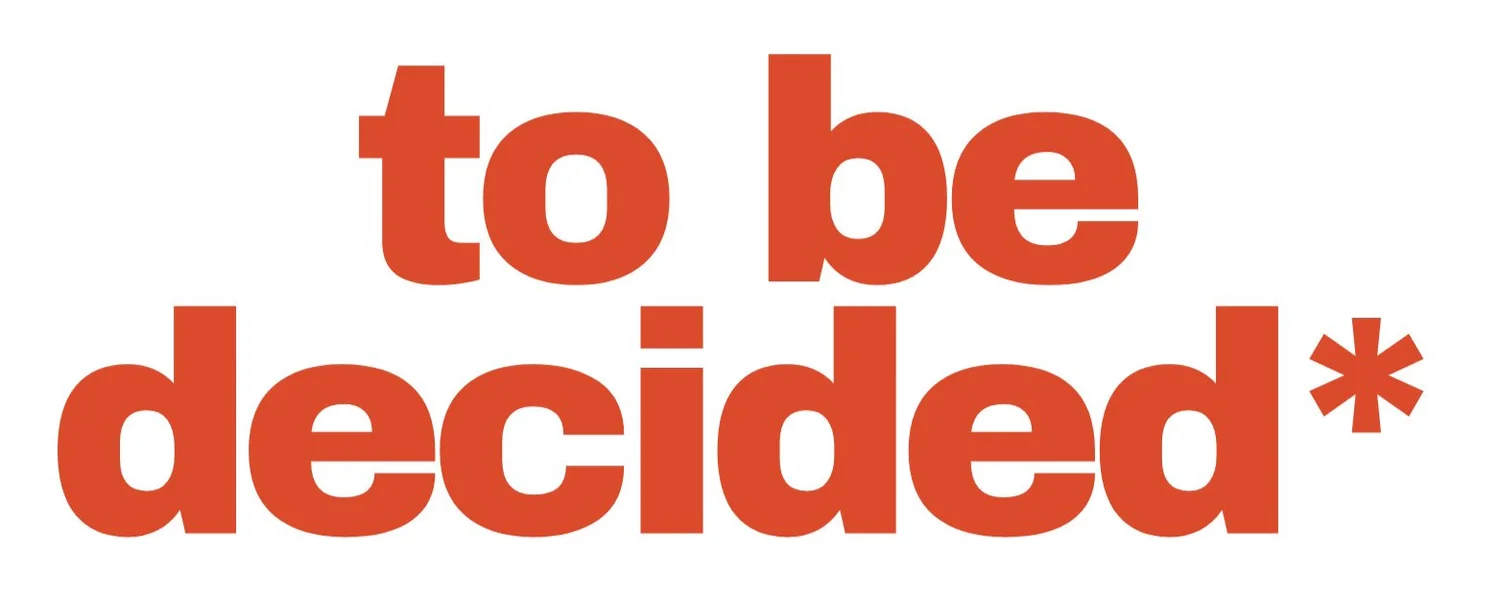Ishaan Alexander Selby
Abstract
In her monograph Afro-Dog: Blackness and the Animal Question Benedicte Boisseron signals a new possibility for theories of animality, arguing that the decade long explosion in critical animal studies “offers a unique chance to take an in-depth look at the modern impact of a historically grounded system of mutual racialization and animalization.” In order to take advantage of this chance, I put forward an analytic I call creaturely realism to read together the intersections between critical animal studies and forms of minority discourse as a rethinking of the Anthropocene. I use this analytic of creaturely realism to put critiques of the human from animal studies, Black studies, queer theory and eco-feminism in conversation, suggesting that this dialogue fundamentally changes the scope and focus of critical animal studies from a post-structuralist emphasis on the philosophical canon to relations of sovereignty, marginalization and domination. The animal is thus read as a complex formation of animalization, racializing assemblages and sexual difference with the political possibility of alliance between subjects excluded from the purview of the human. These political possibilities allow a reconsideration of the conceptual schema of the Anthropocene. I follow Claire Colebrook and Donna Haraway in their insistence that standard forms of human uniqueness are increasingly unavailable to us on the brink of climate disaster and so for the extinction of anthropocentric modes of being. I join their work to emergent postcolonial engagements with the climate crisis and the concept of the Anthropocene. I argue for the central importance of an interspecies minority discourse, less in bringing us back from the brink to a renewed humanism and more thinking beyond the horizon of humanity to new possible worlds.
